I have written a benchmarking application and the results clearly demonstrate that the JVM is not able to collect the local Map instances if an Entry reference is kept alive.
This applies only to TreeMaps though and the reason might be that a TreeMap.Entry holds different references to its siblings.
As @OldCurmudgeon mentions,
you should not make any assumptions [and] if you wish to store Key-Value pairs derived from a Map.Entry then you should take copies
I believe that at this point, if you don't know what you are doing, whatever Map you are working with, holding a Map.Entry should be considered evil and anti-pattern.
Always opt for saving copies of Map.Entry or directly store the key and value.
Benchmarking technical data:
JVM
java version "1.8.0_152"
Java(TM) SE Runtime Environment (build 1.8.0_152-b16)
Java HotSpot(TM) 64-Bit Server VM (build 25.152-b16, mixed mode)
CPU
Caption : Intel64 Family 6 Model 158 Stepping 9
DeviceID : CPU0
Manufacturer : GenuineIntel
MaxClockSpeed : 4201
Name : Intel(R) Core(TM) i7-7700K CPU @ 4.20GHz
SocketDesignation : LGA1151
RAM
Model Name MaxCapacity MemoryDevices
----- ---- ----------- -------------
Physical Memory Array 67108864 4
What will the benchmark do?
- The main program will (pseudo-)query the database
500 times
- A new instance of
DataBundle will be created at each iteration an will store a random Map.Entry by calling getEntry(int)
queryDatabase is going to create a local TreeMap of 100_000 items at each call and getEntry will simply return one Map.Entry from the Map.- All
DataBundle instances will be stored into an ArrayList cache.
- How
DataBundle stores the Map.Entry will be different among the benchmarks, in order to demonstrate the gc abilities to perform its duty.
- Every
100 calls to queryDatabase the cache will be cleared: this is to see the effect of the gc in visualvm
Benchmark 1: TreeMap and storing Map.Entry - CRASH
The DataBundle class:
class DataBundle {
Map.Entry<String, Integer> entry = null;
public DataBundle(int i) {
this.entry = Benchmark_1.getEntry(i);
}
}
The benchmarking application:
public class Benchmark_1 {
static final List<DataBundle> CACHE = new ArrayList<>();
static final int MAP_SIZE = 100_000;
public static void main(String[] args) throws InterruptedException {
for (int i = 0; i < 500; i++) {
if (i % 100 == 0) {
System.out.println("Clearing");
CACHE.clear();
}
final DataBundle dataBundle = new DataBundle(new Random().nextInt(MAP_SIZE));
CACHE.add(dataBundle);
Thread.sleep(500); // to observe behavior in visualvm
}
}
public static Map<String, Integer> queryDatabase() {
final Map<String, Integer> map = new TreeMap<>();
for (int i = 0; i < MAP_SIZE; i++) map.put(String.valueOf(i), i);
return map;
}
public static Map.Entry<String, Integer> getEntry(int n) {
final Map<String, Integer> map = queryDatabase();
for (final Map.Entry<String, Integer> entry : map.entrySet())
if (entry.getValue().equals(n)) return entry;
return null;
}
}
The application can't even reach the first 100 iterations (the cache clearing) and it throws a java.lang.OutOfMemoryError:
Exception in thread "main" java.lang.OutOfMemoryError: Java heap space
at java.lang.Integer.valueOf(Integer.java:832)
at org.payloc.benchmark.Benchmark_1.queryDatabase(Benchmark_1.java:34)
at org.payloc.benchmark.Benchmark_1.getEntry(Benchmark_1.java:38)
at org.payloc.benchmark.DataBundle.<init>(Benchmark_1.java:11)
at org.payloc.benchmark.Benchmark_1.main(Benchmark_1.java:26)
Mar 22, 2018 1:06:41 PM sun.rmi.transport.tcp.TCPTransport$AcceptLoop executeAcceptLoop
WARNING: RMI TCP Accept-0: accept loop for
ServerSocket[addr=0.0.0.0/0.0.0.0,localport=31158] throws
java.lang.OutOfMemoryError: Java heap space
at java.net.NetworkInterface.getAll(Native Method)
at java.net.NetworkInterface.getNetworkInterfaces(NetworkInterface.java:343)
at sun.management.jmxremote.LocalRMIServerSocketFactory$1.accept(LocalRMIServerSocketFactory.java:86)
at sun.rmi.transport.tcp.TCPTransport$AcceptLoop.executeAcceptLoop(TCPTransport.java:400)
at sun.rmi.transport.tcp.TCPTransport$AcceptLoop.run(TCPTransport.java:372)
at java.lang.Thread.run(Thread.java:748)
*** java.lang.instrument ASSERTION FAILED ***: "!errorOutstanding" with message can't create byte arrau at JPLISAgent.c line: 813
The visualvm graph clearly shows how the memory is retained despite the gc performing some activity in the background, ergo: holding a single Entry keeps the entire Map in the heap.

Benchmark 2: HashMap and storing Map.Entry - PASS
Very same program, but instead of a TreeMap I'm using a HashMap.
The gc is able to collect the local Map instances despite the stored Map.Entry being kept into memory, (If you tried in fact to print the cache result after the benchmark you will see actual values).
visualvm graphs:

The application does not throw any memory error.
Benchmark 3: TreeMap and storing only key and value (no Map.Entry) - PASS
Still using a TreeMap, but this time, instead of the Map.Entry, I will be storing the key and the value data directly.
class DataBundle3 {
String key;
Integer value;
public DataBundle3(int i) {
Map.Entry<String, Integer> e = Benchmark_3.getEntry(i);
this.key = e.getKey();
this.value = e.getValue();
}
}
Safe approach, as the application reaches the end correctly and the gc periodically cleans the maps.

Benchmark 4: TreeMap and cache of SoftReference (storing Map.Entry) - PASS
Not the best solution, but since many caching systems use java.lang.ref.SoftReference I'll post a benchmark with it.
So, still using a TreeMap, still storing the Map.Entry into DataBundle, but using a List of SoftReference<DataBundle>.
So the cache becomes:
static final List<SoftReference<DataBundle>> CACHE = new ArrayList<>();
and I save the objects via:
CACHE.add(new SoftReference<>(dataBundle));
The application completes correctly, and the gc is free to collect the maps anytime it needs to.
This happens because SoftReference doesn't retain its referent (in our case the Map.Entry) from being collected.
Hope this will be useful for someone.







